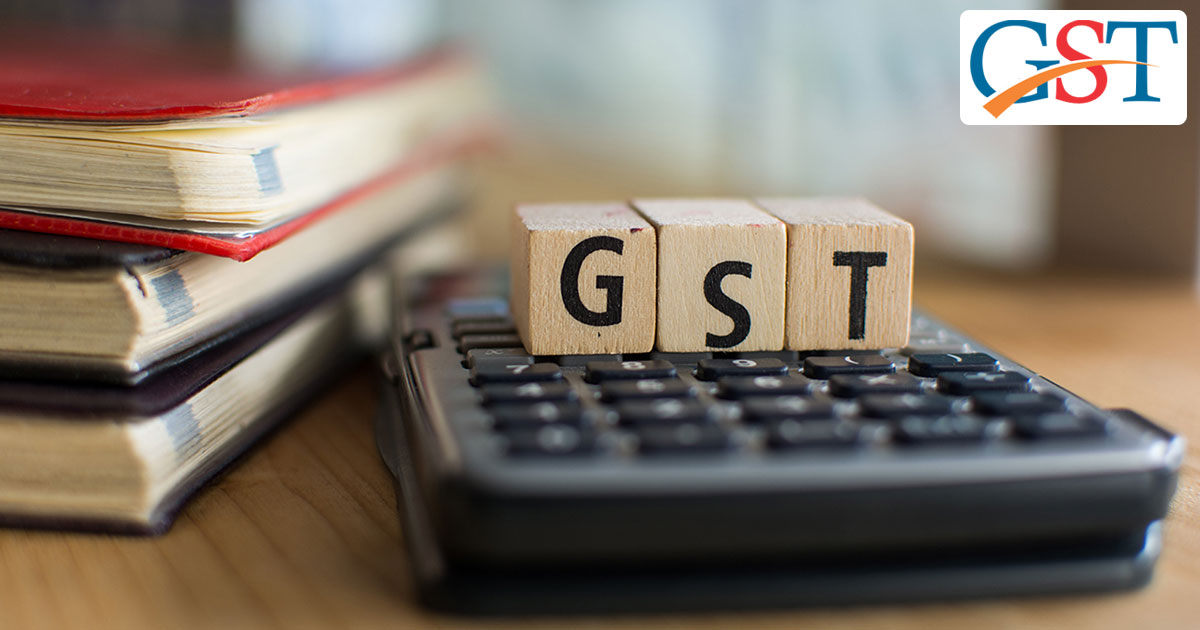On an average 1.25 changes are made per day in the current indirect tax law of the land which was once referred as the Golden Bird of the East. In layman’s term, by the time you go to sleep today, there could be a change in the GST. The first 300 days of the GST law witnessed 376 changes. Notified via circulars and press releases, the changes mostly cater to tax rates or exemptions. 73 changes are related to the exemption and 65 with rates.
However, it should also be kept in mind that GST was aimed to curb Tax Evasion as well as bring the shadow yet impactful informal sector within the GST ambit. The Central Government in this regard has surely left no stone unturned. But there are some grievances which need attention and the EPCES (EXPORT PROMOTION COUNCIL FOR EOUs & SEZs) open house meeting with exporters was primarily aimed at this.
A common voice of concern that echoed across the open meeting was related to the delay in GST refunds. As per exporters, 60% of their refunds are stuck with the government. The delay blocks working capital. Reportedly, the GST refunds to the tune of Rs 17,616 crore till march have been sanctioned by the Government. Other grievances are related to:
- Exemptions under GST
- Classification of Goods and services and place of supply for service exports
The SEZ units also raised concern about the lack of options to claim refunds. They requested that SEZ units must be deemed foreign territory to be considered As per Vinay Sharma, Chairman EPCES, “SEZ’s should be treated as outside India (deemed foreign) for the purpose of the place of supply rule under IGST for service export”.
Suppliers charge GST on goods and services provided to units in SEZ. A legal undertaking or LUT can be availed by the supplier to refrain from IGST. They can also use traditional refund process by claiming refunds on the supplies made to SEZ units. However, as per the exporters, many suppliers are not comfortable with either option. This eventually falls on the shoulders of the SEZ units and increase the cost burden.
Read Also: How to File Letter of Undertaking Online Under Goods and Services Tax?
In addition to the above important GST roadblocks, the inability of certain exporters, located in remote areas, to properly understand and comply with the new norms available only in English was also raised. The new norms must be made available in regional languages to ensure easy and hassle-free compliance.










